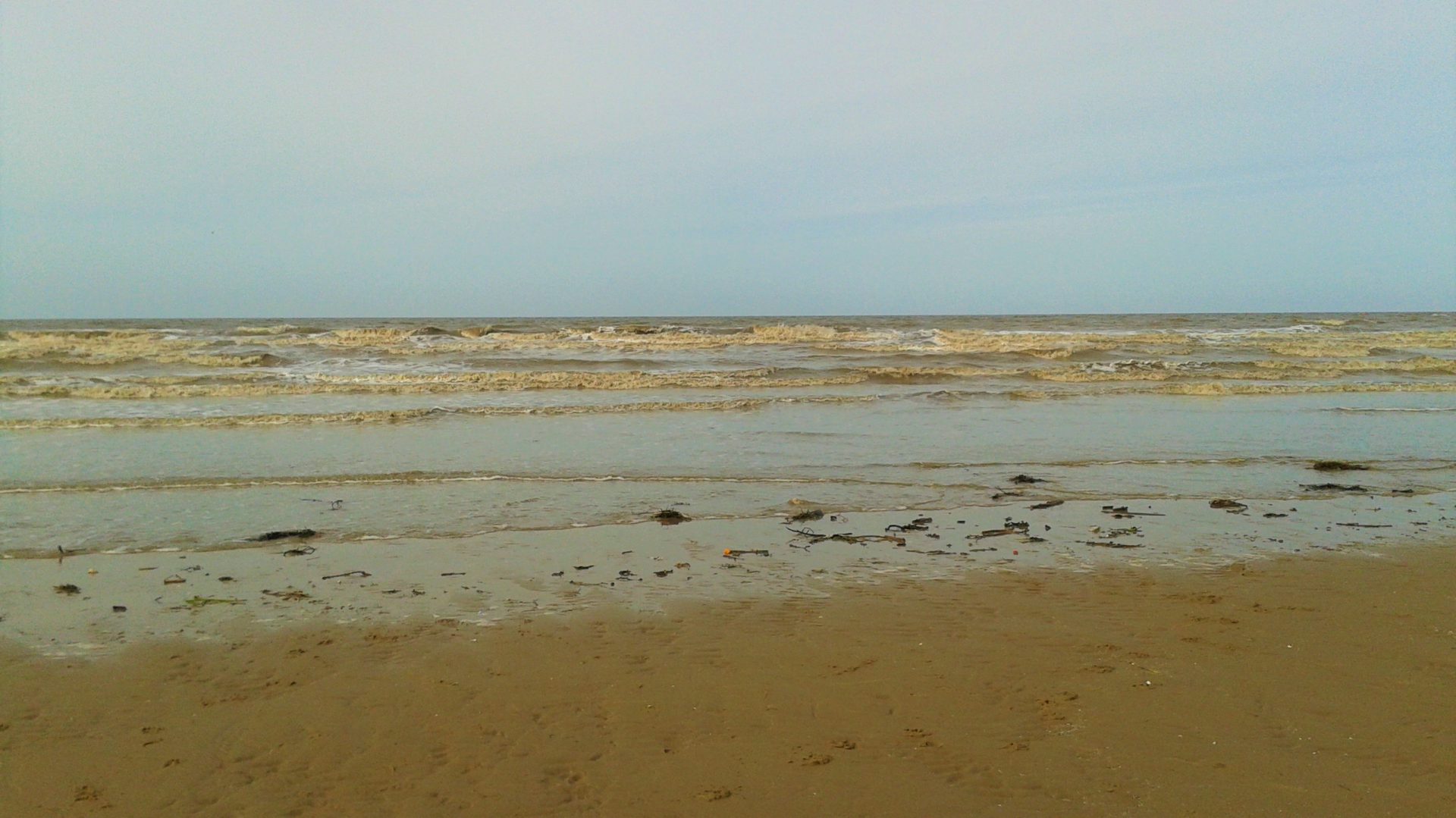Tex
Name: Ivor ‘Tex’ George Ranger
Year of birth:
Place of birth: Southampton
Place of residence: Waterlooville,
near Portsmouth
Occupation/s: Navy Gunner and Radar
Instructor
Tex was evacuated to Wiltshire during the Second World War. When he returned to his home, he was two to three years behind the other pupils. One of his teachers was an ex-Navy Physical Training Instructor, and he encouraged an interest in the Navy.
Without saying a word to his mother and father, on August 30th 1949, Tex joined the Navy at the Southampton Recruiting Office. He says it was ‘weird, never done anything like that in my life before’.
IN THE GUNNERY
Tex’s first vessel was the St Vincent, the Naval Training School at Gosport. He then joined the battleship Vanguard, when he was still in training as a Boy Seaman. After that, he moved to the destroyer Battleaxe. Tex says: ‘Because I was a good shot, I trained as a gunner’. He remembers that sometimes his colleague had to ‘put both hands on my waist, lift me up and at the same time I had a shell in my hand and I had to shove it in the hole’. He was ‘too good a shot’ to be allowed to leave the gunnery. ‘I was an excellent shot. I can use most types of gun and hit what I aim at.’ But eventually, Tex joined the Navigational School of Radar, becoming an instructor.
Tex remembers that every time you went on a new ship, ‘it was very difficult to find your way around. And I was lucky in some respects because people were always prepared to tell me things. I even managed to meet Gracie Fields. I took her out to a ship, to show her round. … That was very exciting, and I got a kiss’.
Despite leaving the service a number of times, Tex was always called back in. ‘I was told you’d do another year if we asked you’. When asked why he returned four times, Tex says ‘I suppose, in the end, I got used to it. Got nothing else to do.’
Tex says that conditions onboard the ships were ‘comfortable but very, very close. You had so many people to get in to such a small accommodation. Mostly hammocks. There were no telephones or anything, not unless you were in harbour and you wanted to pay.’
‘I was lucky. I knew my job, knew it inside out.’
ROUGH AT SEA
Tex remembers one incident: ‘It was rough, oh it was rough. I was only an Ordinary Seaman then … and I was told to contact the bridge. And I was told “Nah, there’s nobody out there, nah, nah, nah, nah, there’s nothing there”. And I said, well there is, I could see something on my radar. My skipper asked me what it was and I said I thought it was a contact, and he said I was right. So we turned into the weather, and when we got lights on it, our searchlight, it were a little rowing boat, with three blokes in it, fishing. And they weren’t worried, they were quite happy, you know.’
Tex recalls being onboard a ship that had not been in use for some time, and had ‘rats all over it’. He was asked to buy some rabbit snares as rat traps. On his first day he caught seven rats, and thus became the chief rat catcher!
NUTS ON BOARD
When Tex was in the Far East, Singapore: ‘I was walking in the jungle, keeping my eyes open, and I found this coconut, so I picked it up and it was the biggest! I took it back to the ship and I put it under the drain of the air conditioning unit, so the water from the air conditioning unit would water my coconut! In the ward room, whenever they wanted something large and round, they would borrow my coconut!… And I took that all the way home, and all the way back out again on the second run and then I come home, and they throw it over the side as they come up the channel. I used to wrap my oilskin round it so the customs wouldn’t see it.’
LOOKING BACK
At one time, Tex was ‘in charge of 5 WRENS, but we weren’t allowed to arm them. Some (WRENS) were equally as good as the blokes, some were a waste of time’.
Reflections on a life in the navy:
‘Without doubt there were surprises.’
‘I was one of the first in my class to climb the mast.’
‘Always some people who don’t want to play the game. If you played the game, done as you were told, you got by.’
